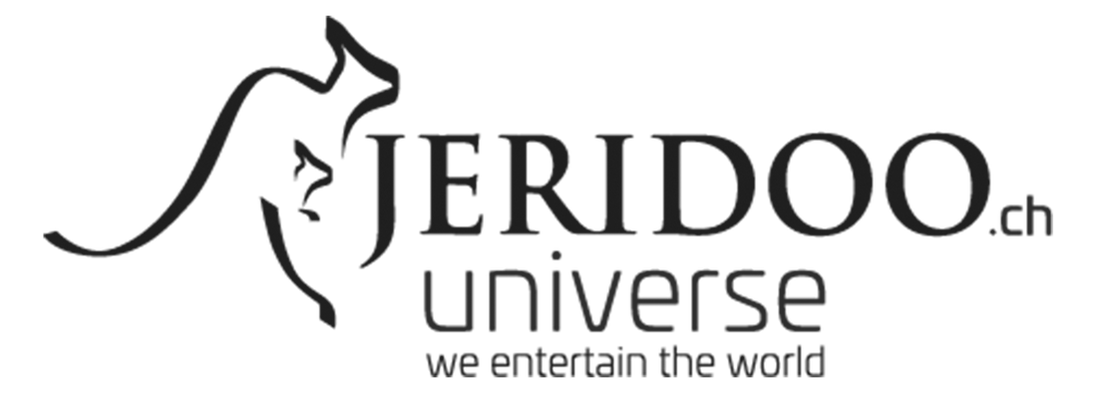|
In recent years, the subject of masculinity in film has drawn a significant amount of both interest and rebuke with modern audiences, especially now as Hollywood tries to reinvent itself admits the MeToo movement. Ever since the beginning of cinema, our films have been awash with powerful, heroic archetypal males. These men bed damsels in distress, fight bad guys, and save the world from impending doom. Their actions are excessively glorified setting examples for future generations. There are endless forms of masculinity, some associated with healthy and productive behaviours, others with destructive and harmful traits. Although there has been some improvement in recent years, the popularity of superhero movies is just one example of how manhood is characterised by demonstrations of physical strength, domination, aggression and violence as a primary means of conflict resolution. The superheroes who, are stock characters who use mythical powers to kill and punish their enemies, paint a simplistic picture of masculinity. The other most obvious and well-sited example are the James Bond movies. A cold, unfeeling killer goes through life sleeping with lots of women and hunting down people who are worse than he is. Although these films may be classified as wildly entertaining, they are not very good role models for men. However, to say Hollywood hasn’t always been interested in men’s vulnerability and more feminine side would be untrue. There have been pictures that have gone against the grain and have shown men to be more than one-dimensional characters. Take, for instance, the recent Oscar contender, First Man, which doesn’t lionize Neil Armstrong’s dogged race to the moon so much as it suggests the quest itself is a distraction from the death of his two-year old daughter and the monotony of suburban American life. Director Damien Chazelle shows Armstrong’s heroic journey as one largely motivated by an American culture that once forbade masculine displays of emotion, fragility and bereavement. Films have always offered a window through which audiences, sat there in the dark, can observe human nature at a distance. A movie theater is where many a boy learned how to make things right, the way John Wayne or Clint Eastward did in countless iconic films, with either their fists or a gun. Film’s suggestive powers quickly became so influential — so overwhelming in fact — that they are often disguised as very effective propaganda tools. It’s so wonder that males today are finding it hard to express their emotions either by remaining quiet and reliant or by lashing out with violence. We need films with more complex characters – both male and female. Films that holds a mirror up to our inner souls and casts a light there so we can address our inner fears and feelings. With better films we will have better relationships, life more productive, healthier lifestyles as we recognize being a men is not all about slaying bad guys and trying to save the world.
0 Comments
Leave a Reply. |
AuthorJeridoo Productions' own Blog about our Productions, Projects and Film- and Movie-related News. Archives
October 2022
|
JERIDOO UNIVERSE AG |
MOVIE PROJECTS |
MEDIA |
© Copyright 2018 Jeridoo Universe AG



 RSS Feed
RSS Feed